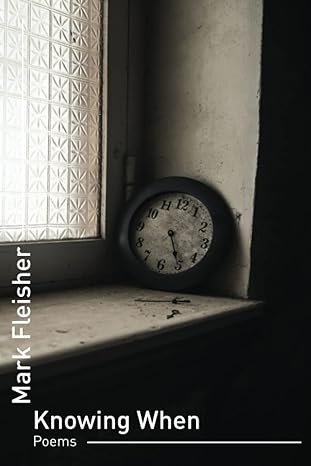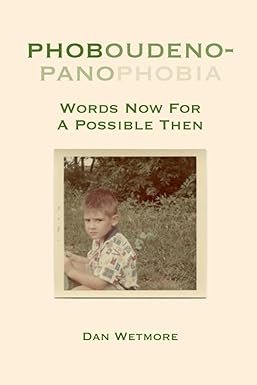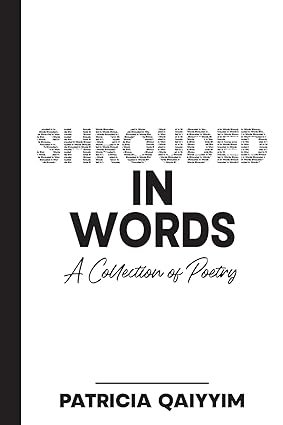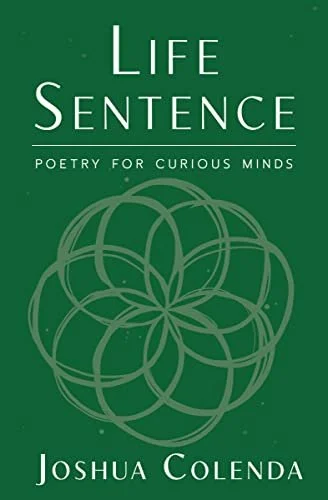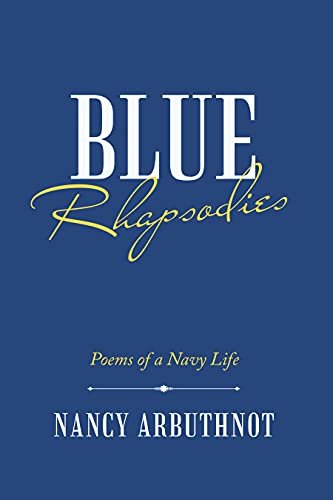MWSA Review
I’ve read a great deal of poetry about the Vietnam war, and I believe overall that Paul Hellweg’s When Eagles Vie With Valkyries is the most powerful and compelling collection of poetry about Vietnam I've read. His work is a deeply moving, visually and emotionally vivid, and often painful book of poetry that shares one soldier's heartfelt journey into the hell of Vietnam where he lost so many of his brothers and was seriously injured himself. Then some decades later, still deeply haunted by the war, he makes a number of trips back to Vietnam to try to understand his experience, heal physically and spiritually, put his words together in poetry, and to feel some real life, some meaningful connection, some sense of peace. He wants to recover the long blurred or buried sense of hope in life and about life. As he notes so aptly in his opening lines in the last poem in the book (p. 90): “Home is the place most difficult to find / buried under debris thrown up by memory
The book throughout is tremendously engaging due to its word choices, rhythms, points of view, and incredible imagery of moments in combat and his returns to Vietnam decades later. Here are just a few examples of the image-rich poetry that pull the reader into the sights, sounds, smells, fears and pains in the war, and then often brilliantly summarizes the poem in a powerful line or two. In the first big section of the book (War), for example, "The Peace of Westphalia” (p. 15), is tight, vivid, and jolting, and opens with the stunning lines: “No one ever told you / the single most important thing to know/in the whole wide world / is how to save the life of a gut-shot boy." "Moment of Silence” (p. 20) similarly wraps so much into two lines at the end: "in the moment of silence / between boot and land mine." Think about that. "Dance to the Dust of the Waltz" (p. 27), which may be the finest poem in the book, concludes with “You clear the tree line, joy surging / every cell fiber, synapse, as / eagles vie with Valkyries for your souls / and Wagner provides the overture," obviously the title source.
Poems in the second section of the book (Journey Home) are equally rich and provocative. They are a bit longer but have the same capability to cut into your mind or heart in just a line or two. In "No Vacancy" on page 55, for example: "The No Vacancy sign...posted at the door to your heart / discouraging anyone / from checking to see / if there's room there for them." This incredible capability to capture so much in so few words is also evident in "It Don't Mean Nothin" (p. 63): "It don't mean nothin' / became our epitaph. / It meant everything." Similarly, in "Sorrow of War," (p. 70), "...the respect due / human spirit undaunted and / suffering unredeemed." And in the last poem in the book, "Michele" (p. 90), the closing is so rich and evocative: "Soft, smooth, trusting / the tiny hands hold tight, and / a feeling forgotten begins to stir / aboard the train long dreamt.”
These are but a handful of incredibly powerful images that fill the pages of Hellweg’s terrific book. I strongly recommend it for the power and beauty of its words and language, and especially for its ability to carry readers much closer to understanding the physical, mental, and emotional impacts of the war on American soldiers and their families.
If “seeing is believing,” to cite a common phrase, then this book helps you see into the minds, hearts, and memories of our brothers who served in Vietnam, and to believe that war experience is never forgotten. It lives forever in minds, hearts, and memories, shaping whomever we are.
Review by Bruce Berger (June 2024)
Author's Synopsis
Paul Hellweg’s life story is unconventional, and “When Eagles Vie with Valkyries” (Hellweg’s collected Vietnam poems) tells his story in verse. The book takes a unique approach to war poetry by being written in the 2nd person, focusing more on life after the war than the war itself, and showing a path to recovery from PTSD.
Afflicted with PTSD, Hellweg spent most of his adult life alone and adrift. Decades after the war, he chanced upon a path to recovery by embracing Native American spirituality. As part of his healing, he returned to Vietnam, fell in love with the country and people, and eventually started living there. He at long last found love: His wife is Vietnamese, and their daughter (his first and only child) was born in 2016.
Healing from PTSD is possible, and “When Eagles Vie with Valkyries” recounts how one veteran succeeded.
Format(s) for review: Paper Only
Review Genre: Poetry—Poetry Book
Number of Pages: 92
Word Count: 10,169





